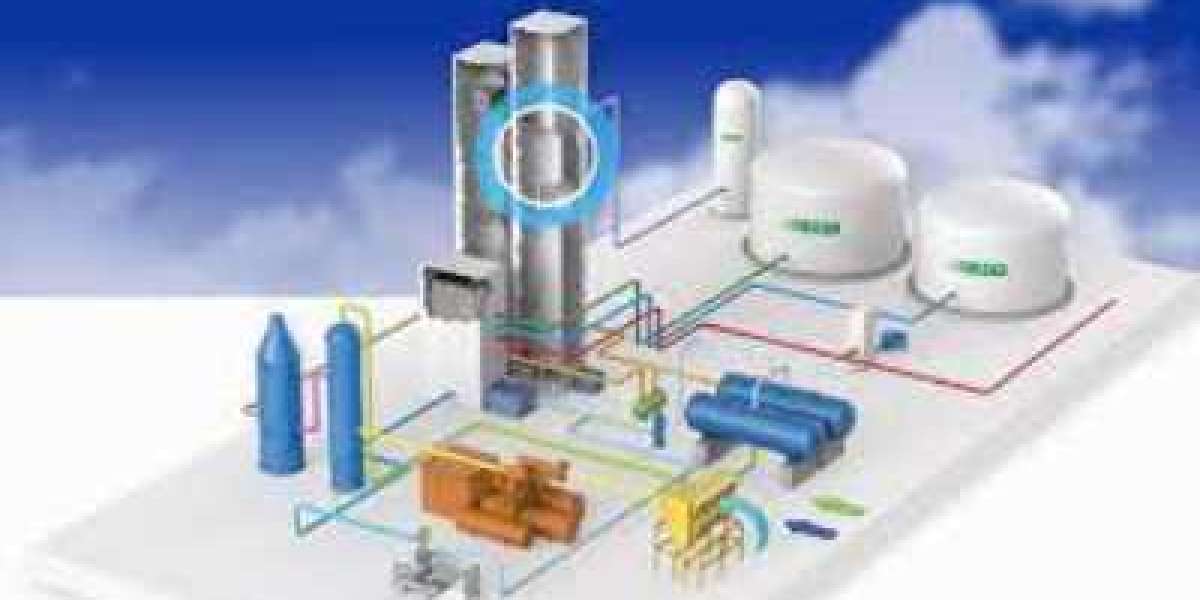Fire doors play a critical role in ensuring the safety of occupants and minimizing property damage in the event of a fire. These specialized doors are designed and constructed to withstand fire for a specified duration, providing crucial time for evacuation and containment of the fire. In this article, we'll delve into the importance of fire doors, their types, features, installation, maintenance, and the significance of choosing the right fire door for different settings.
Importance of Fire Doors
Protection from Fire Hazards
Fire doors act as barriers, preventing the rapid spread of flames and smoke throughout a building. By compartmentalizing fire, they help contain it to specific areas, allowing occupants to evacuate safely and firefighters to access the source of the fire more easily.
Legal Compliance
Installing fire doors is often a legal requirement in commercial, residential, and industrial buildings to comply with building codes and regulations.
Fire-Rated Wooden Doors
These doors are constructed from fire-resistant materials, such as solid wood or engineered wood, and are designed to withstand fire for a specified duration.
Features of Fire Doors
Fire Resistance Rating
Fire doors are graded according to how long they can resist fire for, say, thirty, sixty, or ninety minutes. The higher the fire resistance rating, the longer the door can withstand fire.
Self-Closing Mechanism
Most fire doors are equipped with a self-closing mechanism that automatically closes the door in the event of a fire, helping to contain the spread of fire and smoke.
Intumescent Seals
Intumescent seals expand when exposed to heat, sealing the gaps around the door to prevent the passage of smoke and flames, enhancing the door's fire resistance.
Installation and Maintenance
Proper installation of fire doors is crucial to ensure their effectiveness during a fire. It's essential to follow manufacturer guidelines and enlist the services of qualified professionals for installation. Additionally, regular maintenance, including inspections, lubrication of hinges, and replacement of damaged components, is necessary to keep fire doors in optimal condition.
Choosing the Right Fire Door
When selecting a fire door, it's important to consider factors such as the building's fire safety requirements, the type of occupancy, and the level of fire risk. Consulting with fire safety professionals can help determine the most suitable fire door for your specific needs.
Benefits of Fire Doors in Different Settings
Residential Buildings
In residential settings, fire doors provide occupants with a safe escape route in the event of a fire, protecting lives and property.
Commercial Establishments
Fire doors are essential in commercial buildings, such as offices, malls, and hotels, where large numbers of people gather. They help ensure orderly evacuation and prevent the spread of fire to adjacent areas.
Industrial Facilities
In industrial facilities, where fire hazards are more prevalent, fire doors play a crucial role in protecting workers and equipment, minimizing downtime and financial losses in the event of a fire.
Importance of Certification and Compliance
It's essential to choose fire doors that are certified by recognized agencies, such as Underwriters Laboratories (UL) or Factory Mutual (FM), to ensure they meet stringent safety standards. Additionally, complying with building codes and regulations is necessary to ensure the proper installation and use of fire doors.

![Wall Charger Market Analysis and Strategies [2024-2031]](https://www.collcard.com/upload/photos/2024/01/3XRvUDUbJtfOHtVt3sok_10_5a18006fad052f53af3a8da426caf29d_image.jpg)

